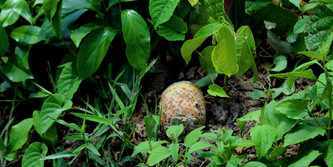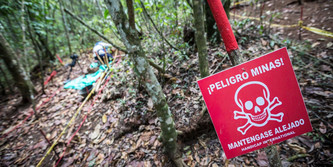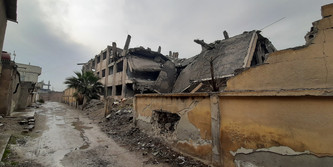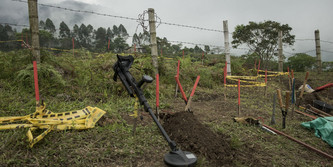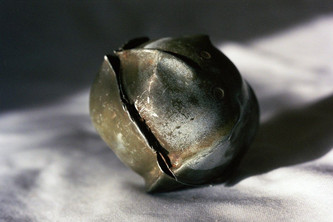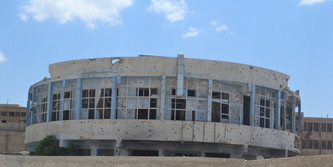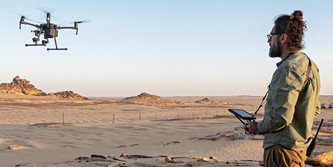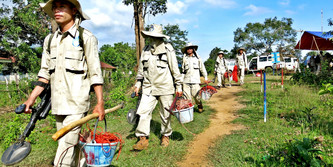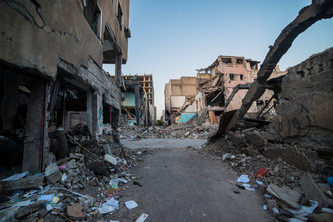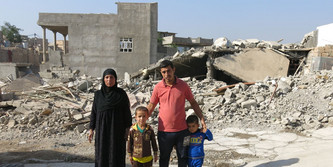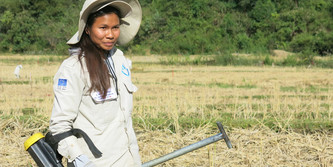PM faces more pressure over mission (Afghanistan)
Opposition MPs, retired major-general question why Canada taking brunt of NATO casualties
OTTAWA'The rising death toll among Canadian soldiers in Afghanistan ' six more were killed yesterday ' is again provoking questions about when this country's mission there should end.
The soldiers and their Afghan interpreter were killed when the armoured vehicle they were in hit a landmine about 20 kilometres southwest of Kandahar city. Sixty-six soldiers and one Canadian diplomat, Glyn Berry, have died since the mission began in 2002.
Names of four of the six soldiers were released last night. They are: Master Cpl. Colin Bason, based in New Westminster, B.C., and Capt. Matthew Dawe, Cpl. Cole Bartsch and Pte. Lane Watkins, all based in Edmonton.
Canada now has surpassed the total number of Britons who have died since that country began participating in the North Atlantic Treaty Organization (NATO) operation in Afghanistan in 2001.
Sixty-three British soldiers have died there.
Twenty-two Canadian soldiers have died so far this year, compared with eight during the same period last year. Thirty-six died in 2006.
Prime Minister Stephen Harper has committed Canada until February 2009, and said recently he would need a consensus among MPs and Canadians to extend the mission.
About Canadian 2,500 troops are deployed in southern Afghanistan, where Taliban terrorists are most active. The soldiers who died yesterday were set to return at the end of the month to be replaced by troops based in Quebec.
Yesterday's toll is the highest since six soldiers were killed on April 8.
Retired Canadian major-general Lewis MacKenzie says it will be the end of NATO if other members don't step up instead of letting Canada take the brunt of casualties.
"In 2009, if people haven't showed up to the party, I am not going to be the one standing at the head of the parade saying we got to stay," MacKenzie told the Star yesterday.
Late last night, about nine hours after Canadians learned of the most recent deaths in Afghanistan, Harper issued a statement:
"It is with deep sorrow that I have learned of today's tragic event in Afghanistan that took the lives of six Canadian soldiers. On behalf of all Canadians, my most sincere condolences go out," to the families, he said.
"The legacies of our fallen soldiers will be carried on by the men and women in uniform who continue to serve Canada valiantly, and remain committed to creating a stable and self-sustaining democratic society for the Afghan people," Harper said in the statement.
NDP Leader Jack Layton said the deaths are another reminder why Canada should get out of Afghanistan as soon as possible.
Liberal Leader Stéphane Dion called on Harper to make it clear to Canada's NATO partners that the Canadian mission will end as scheduled in February 2009 and not a minute longer.
"No other country has more burden on its shoulders ... than Canada," said Dion, adding that Canada "will welcome other countries to do more."
"The Prime Minister has said that he needs to have a consensus in order to extend the mission beyond February of 2009," Dion said. "This consensus will never exist."
Layton told a news conference Canada should pull its troops out now before the loss of any more lives in a war he says can't be won.
"What they are being asked to do now is participate in a mission that has no prospect of military success ... it will simply escalate and prolong itself until we realize that it is not going to accomplish its goals," Layton said.
The soldiers who died yesterday were returning to their forward operating base in the Panjwaii-Zhari district of Kandahar province, travelling in a convoy along a frequently used gravel road when their RG-31 armoured vehicle ' which is designed to withstand up to two simultaneous anti-tank mines ' struck a roadside bomb, Canadian Forces Brigadier-General Tim Grant told reporters at Kandahar Airfield. All of the dead were travelling in the same vehicle.
James Appathurai, a NATO spokesperson, told the CBC from Brussels the deaths were a "very heavy blow" to NATO. Panjwaii was the scene of fierce fighting by Canadian soldiers last summer in a bid to clear Taliban fighters out of what has been described as their "heartland."
The region has been considered a success story after locals began moving back into the area when last year's fighting subsided. But in recent weeks the insurgency appears to have popped its head up in a flurry of activity.

